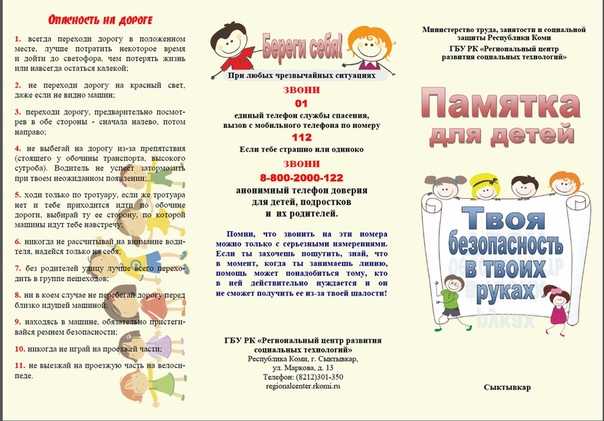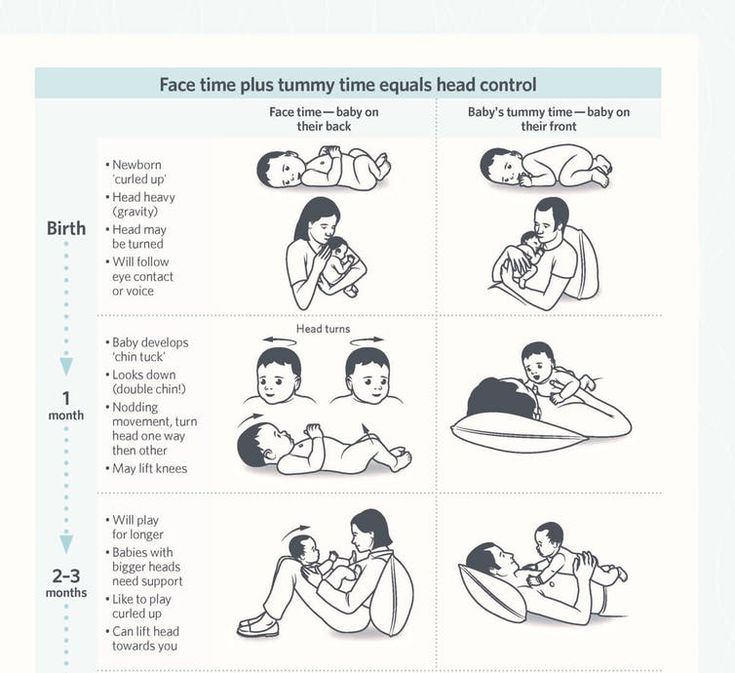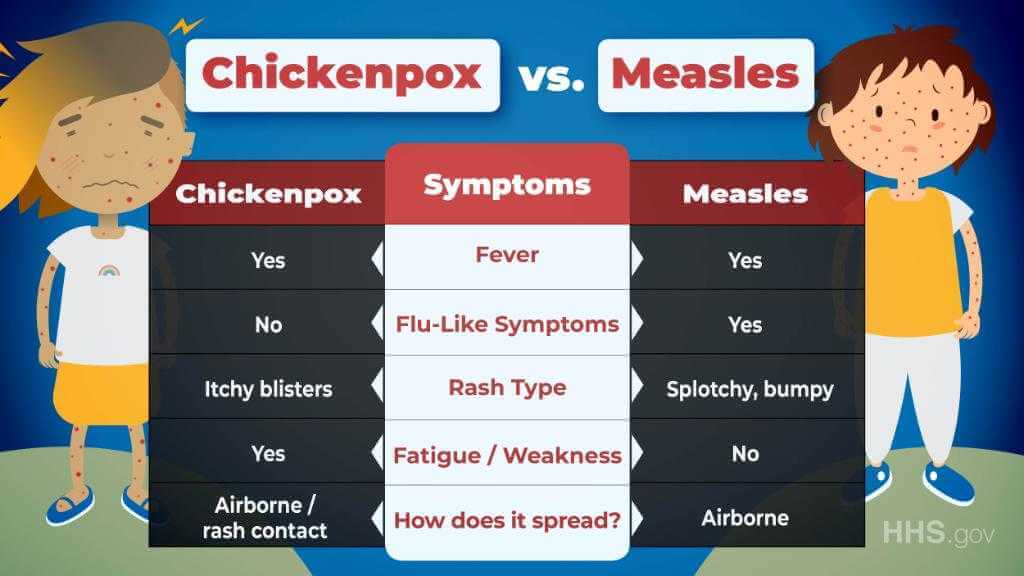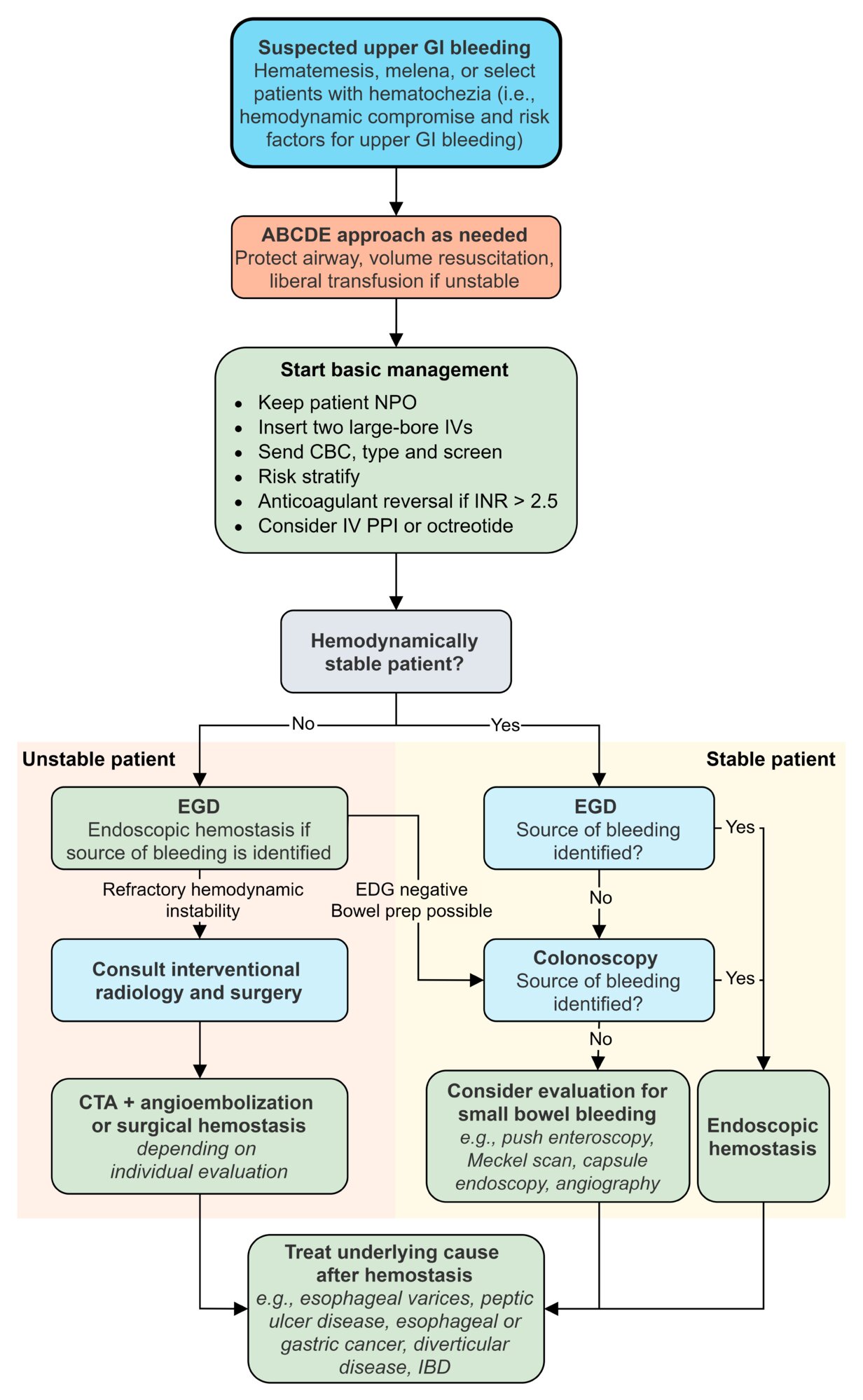How to help child with short attention span
Ways to Increase Your Child's Attention Span
With it being completely normal for most children to have fairly short attention spans, it’s still important to take the time to try to strengthen their focus and concentration levels. In fact, according to a new study from Microsoft Corp, it’s common for most people (including adults!) to generally lose concentration after eight seconds. That’s not long at all! So, if you notice that your child is regularly losing focus during everyday tasks, here are some ways that might help increase their attention span.
Have A Quick Physical Activity Break
Kids who tend to struggle with attention often do better if they have a physical activity break. Taking a break to play outdoors, doing some jumping jacks or run around with a football, can really help them stay focused and more engaged.
Break Down Tasks Into Smaller Chunks
If you find that, no matter what you do, your child just can't seem to stay on task, it may be a good idea to break the task into smaller chunks. This way they can aim to concentrate long enough to complete a part of the task, then take a break, coming back to finish it. Children with attention struggles may actually perform the requested task faster with this strategy than if they simply tried to finish it all in one sitting.
Remove Distractions
When a child is struggling with their attention span, remember, they may be easily distracted by visual clutter or screens surrounding the area. This can make it almost impossible for them to keep their brain where it needs to be. Remove unnecessary clutter and screens from the area they’re sat.
Keep Instructions Simple
In general, try not to overwhelm your child with too many instructions at a time. The more instructions your child receives in one go, the harder it may be for them to follow, especially if they are struggling to focus. Break down the instructions and keep them concise so that it’s easier for them to follow. Also, remember that the best way to convey instructions to your child is to be physically present near them.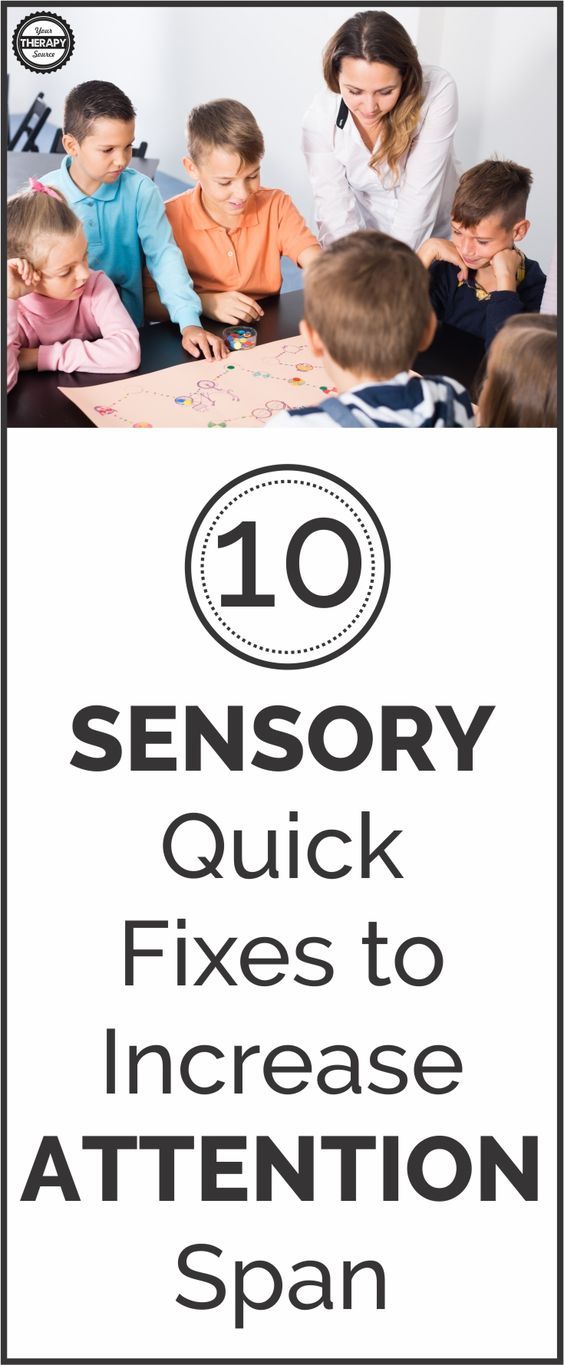
Establish Routines
Children with a short attention span tend to do well with a set routine laid out for them. You can do this by allotting specific time periods for your children to work on different tasks such as spelling or drawing- this way they know what’s expected of them in that time period.
Play Focus Games
Children tend to learn a lot through play. Engaging them with fun focus games can really help to increase their attention span. Memory games or more simplistic choices such as, spot the difference, tongue twisters and Simon Says are great choices that can help your child focus on thinking, planning, and using their memory. They also double up as excellent concentration exercises for kids, as they increase brain power and improve focus by strengthening mind-body connections.
Positive Encouragement
Finally, positive words and encouragement will go a long way when it comes to motivating your children to work on improving their attention span. We recommend letting them know how you’ve noticed their efforts to stay focused, recognise their actions and reward them accordingly.
We recommend letting them know how you’ve noticed their efforts to stay focused, recognise their actions and reward them accordingly.
- Teens
- Education
- Tips
- Confidence
7 Ways to Increase a Student's Attention Span
Children often struggle to pay attention, but when they are given a task they view as challenging or hard, they are even more likely to give up before truly trying. If you notice a child that is regularly losing focus during challenging tasks, here are some strategies that might help increase that attention span and improve the overall outcome of tasks.
1. Include Physical Activity
Kids who struggle with attention often do better if they are given brief breaks for active play. Taking a break to bounce on an exercise ball, breaking up learning into chunks, and outdoor play times, or providing a quick stretching or jumping jacks break in the classroom, can all help the attention-challenged student stay focused.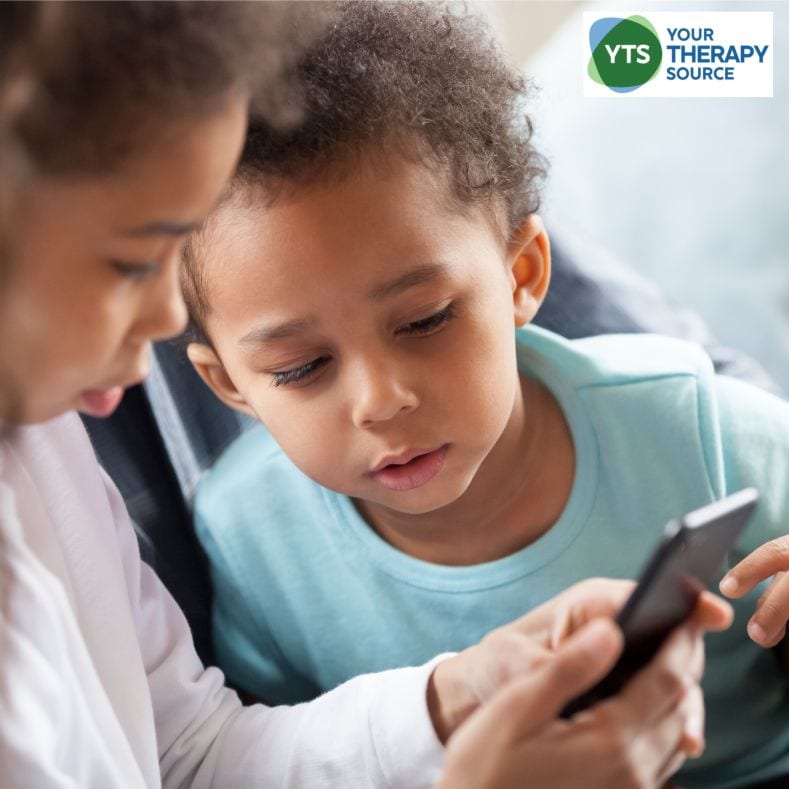 Starting with 15 minutes of active play before a challenging task can also help a child stay more engaged.
Starting with 15 minutes of active play before a challenging task can also help a child stay more engaged.
2. Have "Attention Breaks"
Teach the child or children what "paying attention" means and how it looks. Practice attentive behavior in non-threatening, non-crucial times during the school day. Then, at periodic intervals, have practice attention breaks. Using a timer or an app on the phone, have a signal go off during the work period, and have the child mark whether he/she was paying attention. This can help train a student's brain to understand what attention looks like, and how often he/she is tempted to disengage.
3. Adjust Time Frames
If you find that, no matter what you do, the kids just can't seem to stay on task, it may be time to break content into smaller time intervals. Remember, children can concentrate on one task for two to five minutes per year old. For example, if you have a classroom of 6 year olds, expect 12 to 30 minutes of attention for your students.
If you need to adjust time frames for all or some of your students, do so. Using timers, have the student who is struggling with attention show his/her work after a short period of time. This breaks up the task and allows the child to keep working without feeling completely overwhelmed. Consider calling the child to your desk for these checks. This provides the physical movement that the child needs in order to stay engaged, and also gives you the opportunity to monitor his/her progress.
Also, be cautious about lengthy lectures with kids with short attention spans. These children need to be kept involved with the material, so ask for responses regularly on the subject matter you are discussing. Even a simple question, asking for a raise of hands, can be what is necessary to keep students on task.
4. Remove Visual Distractions
When a child is struggling with a difficult task, clutter in the classroom or on the desk can make it impossible to keep his/her brain where it needs to be.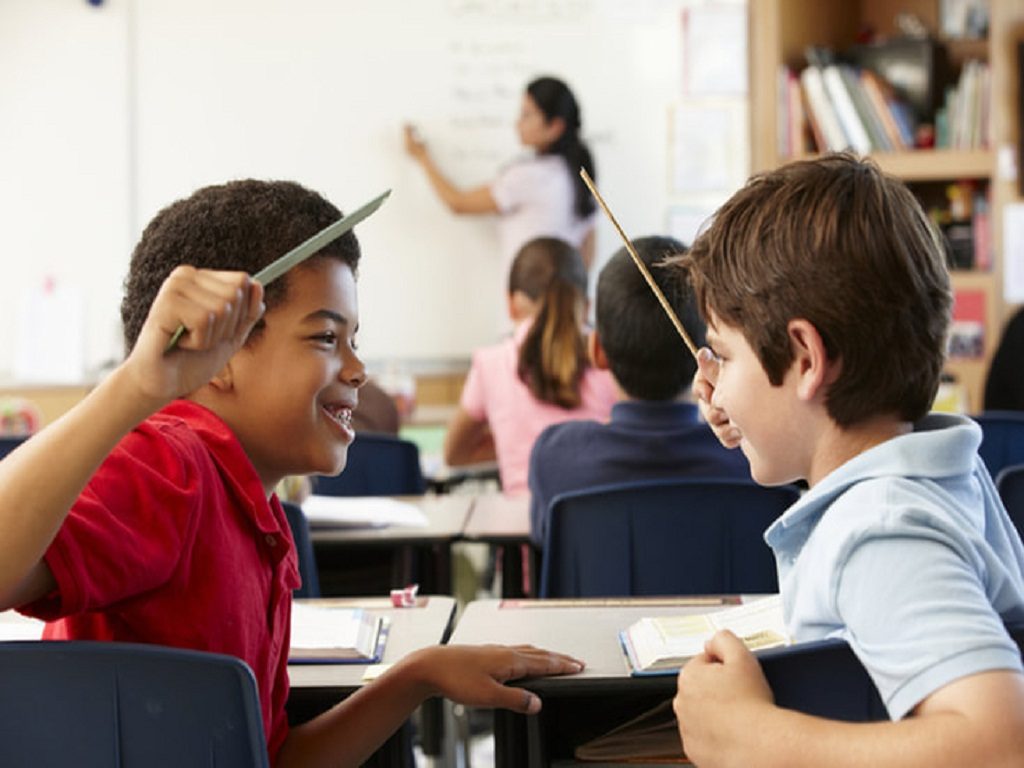 Remove unnecessary clutter and visual experiences from the workspace. This gives the child fewer excuses for not focusing on the task at hand.
Remove unnecessary clutter and visual experiences from the workspace. This gives the child fewer excuses for not focusing on the task at hand.
5. Play Memory Games
Memory isn't really a muscle, but it can help improve focus. Memory games help hone that focus for kids in a fun way, so that they are able to concentrate when something challenging is presented. Have regular times in the normal school day where the class plays memory games, or work with the attention-challenged students outside of normal class time to play concentration games. Add memory games to classroom electronics to encourage this type of play during free time.
Memory games do not have to be complicated. Even a simple game of red-light-green-light, I-Spy or Simon Says forces a child to concentrate. Memory matching cards or the game Concentration can also be used to increase attention.
6. Rate (and Change) Tasks
If you notice a child is constantly avoiding work or seems overly distracted, ask that child to rate the level of challenge found in the activity on a scale of 1 to 10.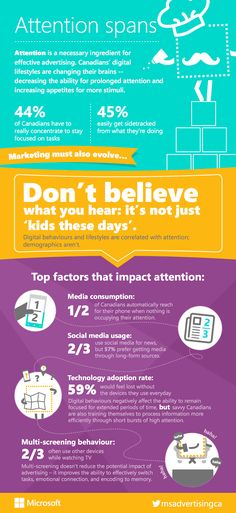 If the child indicates the activity is an eight or higher, ask what could be done to make the task a two or three. Sometimes, you will get excellent insight into what you can do to help the student decrease his/her level of frustration.
If the child indicates the activity is an eight or higher, ask what could be done to make the task a two or three. Sometimes, you will get excellent insight into what you can do to help the student decrease his/her level of frustration.
7. Break Tasks into Pieces
If these strategies don't work, look at the task itself. Can you break it into smaller chunks? Have the child focus long enough to perform part of the task, then take a break, coming back to the project to finish. Children with attention struggles may actually perform the requested task faster with this strategy than if they simply tried to finish it all in one sitting.
Some kids are going to struggle with attention more than others. As a teacher, you can take measures to help improve concentration for your students. All it takes is a little extra thought and work on your part to bring significant change for your students.
Why your child can't concentrate and how to fix it
“How absent-minded you are”, “Be more attentive, pull yourself together!” - parents and teachers often say this to children who find it difficult to concentrate on any task.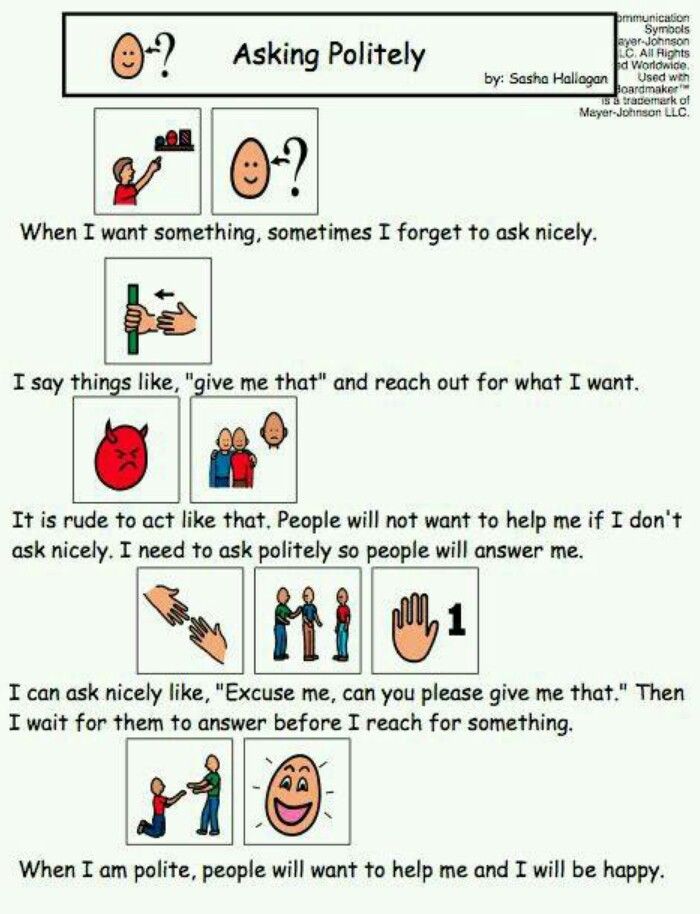 But can a child with such a problem solve it by sheer force of will? And how to help if he can't concentrate? Child analytical psychologist Maria Kulenkova shares her recommendations.
But can a child with such a problem solve it by sheer force of will? And how to help if he can't concentrate? Child analytical psychologist Maria Kulenkova shares her recommendations.
Maria Kulenkova, child analytical psychologist
Why it is difficult for a child to hold attention
The younger the child, the shorter the period of time during which he is able to hold attention: at an early age it is only five to nine minutes. Toddlers can quickly switch between objects, and this is normal: this is how excitation and inhibition in the cerebral cortex alternate at their age. And the work of the child's brain is a delicate process that depends on many factors, including the environment in which the child is on a daily basis. nine0003
Influence of gadgets
If your children have uncontrolled access to gadgets, it affects their ability to concentrate. A long stay at a computer, TV, tablet or smartphone tires the child's psyche. Attention becomes unstable, scattered, it is more difficult for the child to gather and concentrate on less bright objects.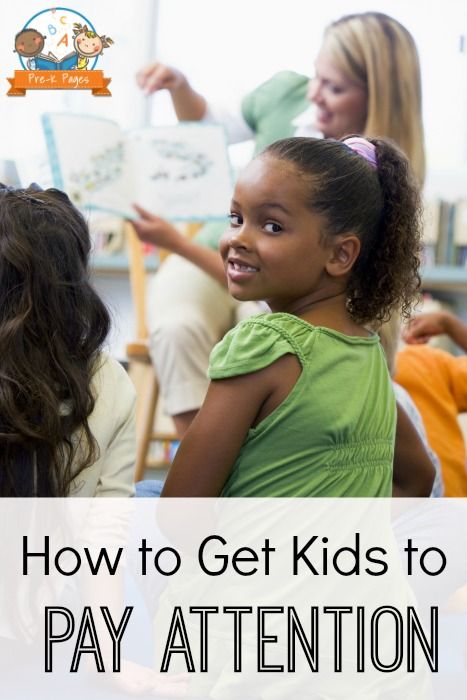 Modern technologies are important, necessary, but while you are dealing with a fragile and developing nervous system, it is important to limit such intense flows of information that can quickly overload it. nine0003
Modern technologies are important, necessary, but while you are dealing with a fragile and developing nervous system, it is important to limit such intense flows of information that can quickly overload it. nine0003
Importance of family atmosphere
One of the most important factors in a child's development is psychological safety. If a child feels love, acceptance, care, if not only his physiological needs are satisfied, but also psychological, emotional, then attention will be stable, long-lasting. The child will be able to easily concentrate and do interesting things for a sufficient time for him.
The reverse is also true: a difficult atmosphere in the family only hinders full development. Neither attention nor other components of cognitive processes can function normally if the child:
-
worries about the fact that he does not meet the expectations of parents and their requirements, often overstated;
-
fears punishment or negative evaluation;
-
feels insecure in the face of the big menacing world.
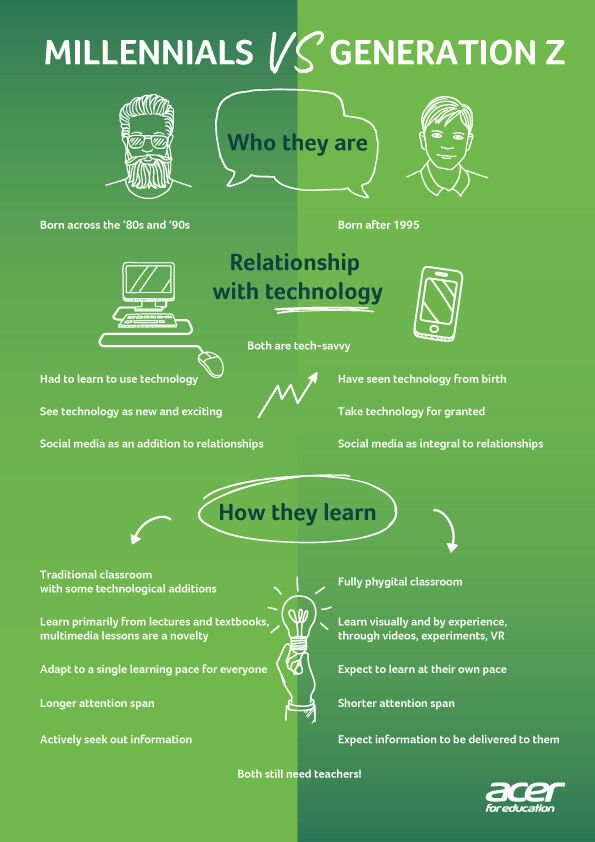
It is useless to put pressure on a child if something does not work out for him, he will not be able to concentrate on the task. It is important to create an atmosphere of goodwill, acceptance, soft support in the process of learning or training. nine0003
If you worry too much that the child may be bored, constantly and often change toys, pictures, books in front of him, occupy him endlessly, the child will not learn to control his attention and his concentration. It is important to give the child more time, wait for the cognitive interest to awaken, and be careful in supporting this interest.
Physiological features
There are cases when the inability to maintain attention is caused physiologically: trauma, genetic diseases, mental retardation and other deviations. In this case, the problem manifests itself already in early childhood and will be clearly visible to a neurologist, psychoneurologist. If the concentration of attention is reduced due to psychological trauma or the immaturity of the nervous system, then it is possible to turn to a neuro- and child psychologist for the purpose of diagnosis and correction. nine0003
nine0003
How to Develop Concentration
The ability to concentrate on any task without being distracted is an important condition for mastering any skill. You can train this from the first months of life. After all, the attention of a child begins to develop from the very moment the functions of visual focusing of the gaze mature, and this happens even before the age of three months.
The first months of life
As early as a month, the baby can concentrate on a large object, mother's face, begins to build social relationships with her, smile, turn her head in the direction from where her mother's voice is heard. During this period, almost all games serve to develop attention, motor skills, and thinking of the child. A child’s reliable attachment to his mother, a sense of security, full-fledged care for the child’s needs create the basis for the all-round harmonious development of a growing person. nine0003
Early childhood
At an early age, the game is primarily an occasion for personal contact with the child.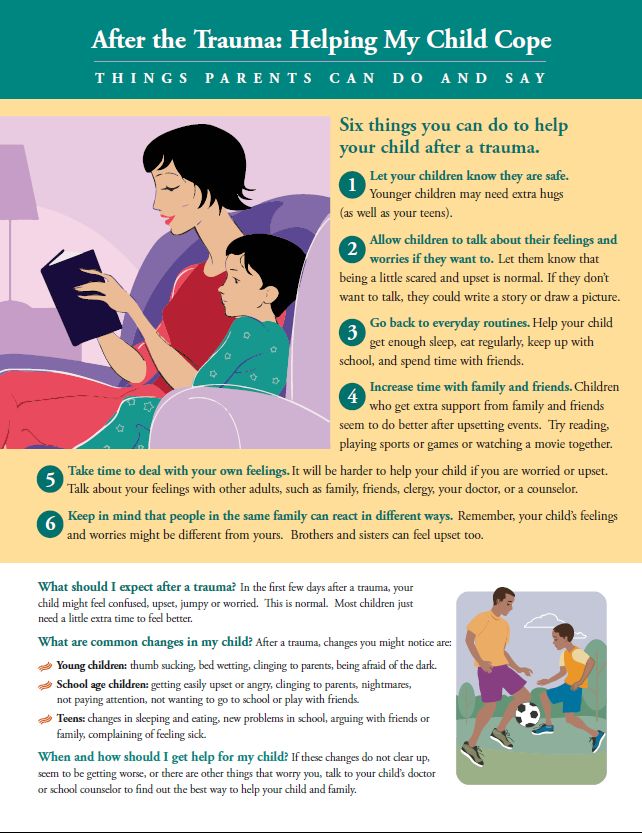 During this period, starting from the age of one, you can play with children simple games to develop attention, such as hide and seek. Use musical instruments: ring the bell, bell, rattle, knock on the drum without showing them to the baby, and ask him what it sounds like. It is very helpful to just listen to music and discuss it. Build turrets with construction toys, read books and ask questions about the content, look at pictures, start sorting objects - all this will be useful for training concentration. nine0003
During this period, starting from the age of one, you can play with children simple games to develop attention, such as hide and seek. Use musical instruments: ring the bell, bell, rattle, knock on the drum without showing them to the baby, and ask him what it sounds like. It is very helpful to just listen to music and discuss it. Build turrets with construction toys, read books and ask questions about the content, look at pictures, start sorting objects - all this will be useful for training concentration. nine0003
Be emotional in these games: it attracts attention, motivates, stimulates the cognitive activity of the child. It is very important that you do not rush the child and do not express your dissatisfaction if he does not respond very quickly. Otherwise, the baby will begin to worry that he does not meet your requirements, that he is “behind”. At the same time, the higher mental functions - thinking, memory, attention - are immediately turned off, and all energy is directed to the survival and preservation of the psyche.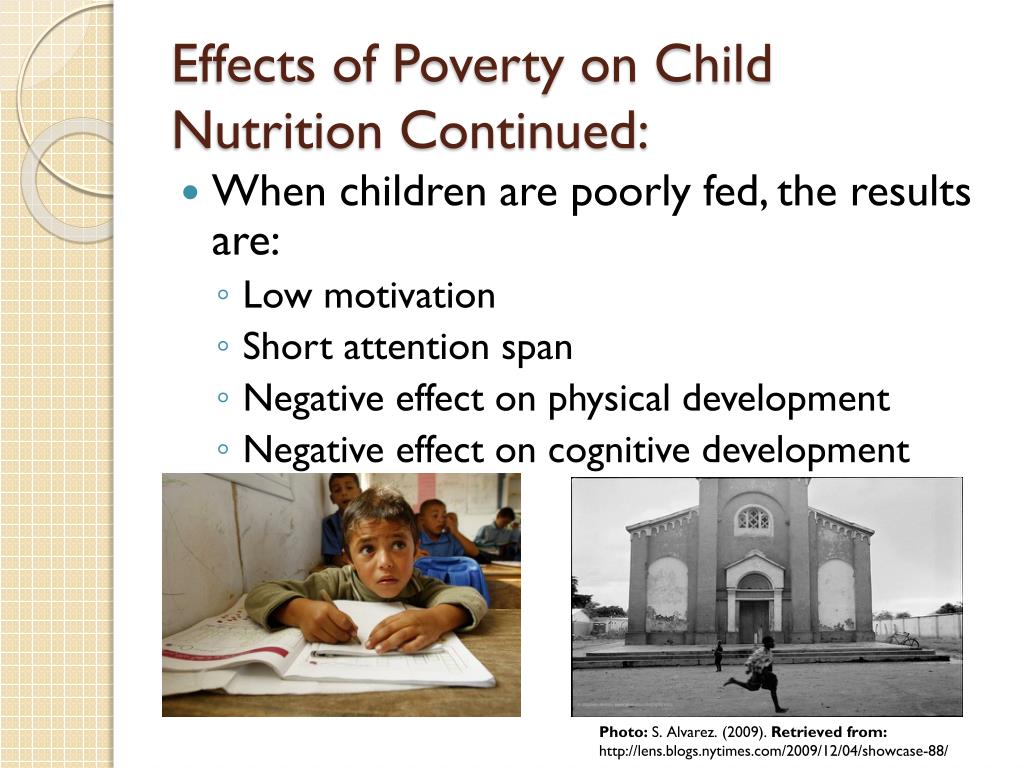
Preschool age
For preschool children, there are a lot of good printed publications with tasks for attentiveness: these are drawn labyrinths and pictures where you need to look for differences. There are many games that are suitable for a large group of children. It is in the preschool period that children become truly interested in communicating with their peers.
How many hands. The driver sits in the center of the circle, substituting the back for the rest, you can close your eyes. The rest of the players put their hands on the back of the driver, and he needs to guess how many hands have touched him at the moment. This develops attention, tactile perception, self-control and communication skills of all players. nine0003
"Ivanushka at the Stone". The driver - and it must be a child - sits in the center of the circle, exposing his back to the rest of the players. Players place their palm on his back with the back side down.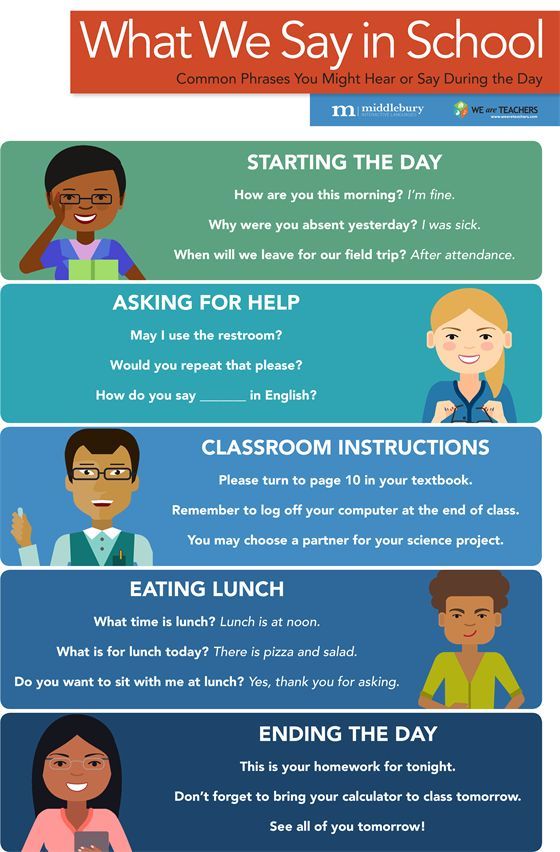 The leader begins, repeating the counting rhyme, to press the pebble on the palms of the players in a circle so that the leader feels this pressure with his back. “Ivanushka played out near the white pebble!” At the last words, the host puts a pebble in the palm of one of the players on whom the rhyme stopped. Then all participants close their palms, move away from the driver and put their closed fists forward. Everyone repeats together: “Guess who, who. Point to that one, that one!" The driver gets up and tries to guess who has a pebble in his fist. Younger children do it at random, while older children can analyze the behavior of other children, developing emotional intelligence, attention and thinking. nine0003
The leader begins, repeating the counting rhyme, to press the pebble on the palms of the players in a circle so that the leader feels this pressure with his back. “Ivanushka played out near the white pebble!” At the last words, the host puts a pebble in the palm of one of the players on whom the rhyme stopped. Then all participants close their palms, move away from the driver and put their closed fists forward. Everyone repeats together: “Guess who, who. Point to that one, that one!" The driver gets up and tries to guess who has a pebble in his fist. Younger children do it at random, while older children can analyze the behavior of other children, developing emotional intelligence, attention and thinking. nine0003
"Floor, nose, ceiling" and various modifications of this game. First, the presenter points to the floor, nose or ceiling and names them correctly. Then he begins to confuse the players: he names one thing and shows another, while the players need to follow his verbal instructions. For example, he says: "Floor", but points to the ceiling, and here you need not to get confused, but point to the floor. Then the rule can be changed: let the players point in the same direction as the leader, not paying attention to his words. nine0003
For example, he says: "Floor", but points to the ceiling, and here you need not to get confused, but point to the floor. Then the rule can be changed: let the players point in the same direction as the leader, not paying attention to his words. nine0003
"Repeat the rhythm." Several claps or stomps that the child can repeat in the same sequence.
Physical exercises also contribute to the development of concentration, especially if they have a competitive component. But even without it, a built-in chain of sequential actions in a game or exercise contributes to the development of attention, stress relief and the development of interhemispheric connections.
In order for your child to be able to concentrate and be attentive, it is very important that you yourself be attentive to him. Be sensitive, patient, and you will definitely see the result. nine0003
See also:
4 Reasons Your Child Doesn't Do Homework and How to Fix It
How Handwriting Develops Your Child's Brain
Quiz: Is Your Child Ready for School?
Photo: Oksana Kuzmina/Sergey Novikov/Shutterstock. com
com
children educationdevelopment gamesuseful tips
A child's absent-mindedness can be the work of his parents
A child's absent-mindedness can be the work of his parents. nine0105
"Don't get distracted, you're carrying the spoon past your mouth!" - this is the grandmother sees that the spoon in her granddaughter's hand, staring at the TV screen, froze halfway to her mouth. "You again fastened the top button on the bottom loop! Why are you so absent-minded today?" - the teacher is perplexed after a couple of hours, collecting the girl for a walk. "Let's put Barbie in the bag, otherwise she distracts you, and you don't look at the road," - this is already a mother, she and her daughter are crossing the street.
Telly or spoon?
How many of these moralizing she hears every day from adults! Parents and caregivers consider the child absent-minded and seek to activate his attention. But if you think about it, you can find in these same statements an indication that she is very focused - not only on what is important from the point of view of an adult, but on what is significant for herself! The child is not interested in a spoonful of porridge, but in what is happening on the TV screen. The buttons were fastened diagonally, because, while dressing, her mistress talked with a neighbor about new dolls. And the new toy you bought interested your daughter much more than the situation on the road, especially since you were nearby. Even a small child can show enviable attentiveness if he is doing what he is very interested in. And if children could only do what they like, adults wouldn't have to worry about developing their attention. nine0003
The buttons were fastened diagonally, because, while dressing, her mistress talked with a neighbor about new dolls. And the new toy you bought interested your daughter much more than the situation on the road, especially since you were nearby. Even a small child can show enviable attentiveness if he is doing what he is very interested in. And if children could only do what they like, adults wouldn't have to worry about developing their attention. nine0003
For preschoolers, we are talking about inattention when dressing, about meaningless sitting at the dinner table, and at school, studying often plays the role of an uninteresting activity: I’m sure you won’t find a single elementary school student whose notebooks don’t contain so-called mistakes from time to time "by negligence". But with what attention and care he arranges the soldiers or solves logic games in the computer!
But in any case, mindfulness, unless, of course, we are talking about complex cases associated with abnormal development of the brain, nervous system, is a thing that can be brought up, trained, a child can develop a habit for it.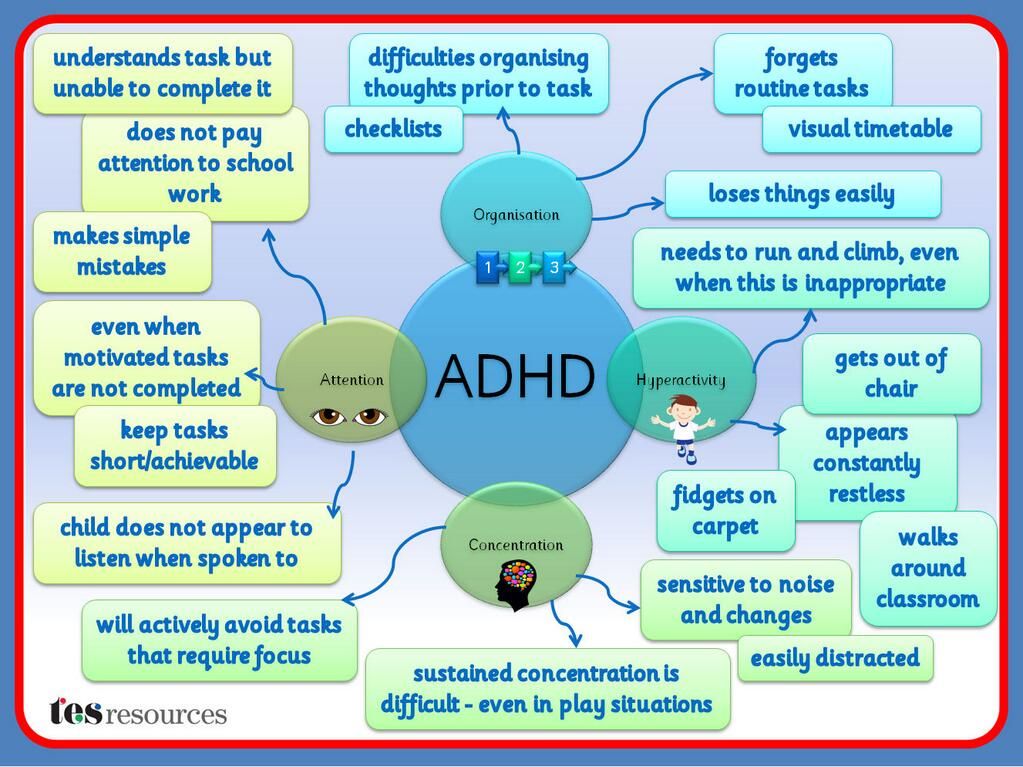 And, of course, the sooner, the sooner you start doing this, the better. nine0003
And, of course, the sooner, the sooner you start doing this, the better. nine0003
Be together
Absent-mindedness is the norm in the first year of a person's life. The attention of the baby from this age always and instantly lingers on everything interesting that surrounds him. However, some children at the age of one or two still do not get out of this state of dispersal. They are distracted by any noise, a toy in the hands of another, every word spoken loudly, the child abandons activity after activity and cannot sit at one thing in any way. If you notice this feature in your baby, then he needs your help. nine0003
To start, designate special time for the child to spend with one adult in a quiet room with a minimum of distractions. Of course, this should be a game, but a game prepared and organized by you and, of course, interesting to the baby. So he will both enjoy spending time and develop mindfulness skills. If the son is interested in balls, the simplest ball games are ideal: rolling it on pins, throwing it at a target, or throwing it into a hoop. In games, constantly attract the attention of absent-minded children: “Seryozha, look at me” or “Tanya, listen to me” - and strengthen the appeal by touching the handle. nine0003
In games, constantly attract the attention of absent-minded children: “Seryozha, look at me” or “Tanya, listen to me” - and strengthen the appeal by touching the handle. nine0003
You can focus the baby's attention on the toy by pointing the child's head slightly towards the toy or by placing his hand on the toy that you offer to look at. You can take the baby on your lap or sit behind him, holding him slightly to reduce erratic fidgeting and increase the chances that he will watch and listen to what you say and what you point to. Of course, at first it is unrealistic to expect a child to do one thing for a long time. The game should be short and successful for the child, for example, a very distracted one may put only one cube in the box and forget about the others. You should approve of this success and gradually increase the number of cubes to the point at which attention is turned off again. nine0003
The same maximizing peace of mind, minimizing distractions will help you deal with the distractions of older children as well. For example, a person doing homework is constantly distracted, unable to solve a problem or learn a rule. In this situation, it is really difficult for the child, and distractibility, absent-mindedness in this situation is a protection against mental overload. And you just sit next to me: "Let's see what you have here. Let's think about where to start. Let's determine a piece to work on now, we'll put the rest aside for now." nine0003
For example, a person doing homework is constantly distracted, unable to solve a problem or learn a rule. In this situation, it is really difficult for the child, and distractibility, absent-mindedness in this situation is a protection against mental overload. And you just sit next to me: "Let's see what you have here. Let's think about where to start. Let's determine a piece to work on now, we'll put the rest aside for now." nine0003
Work after the fact, general phrases like "Think for yourself!" easy to say, but they will not move anyone, especially a person who does not know exactly where to start. Maybe after the correct tone with the explanations given, it will become more interesting for him to cope on his own? After all, he did not do the job, including because it was incomprehensible to him, and therefore boring.
Classes that at first required strong-willed efforts to concentrate attention, often become interesting later and captivate the child. One Sunday, my middle one was watching a new cartoon, and the youngest at the same time, tightly closing the door of the children's room, was concentrating on completing the application, which had to be brought to kindergarten the next day. I saw how she wanted to go to the TV, but she also wanted to finish the craft! And Irishka imperceptibly got so carried away that she stopped listening to TV. She was captivated by how beautifully she did it, how cool the bright pieces of paper lay down along the contour of the picture. "Wow! It turned out great!" - this is the average came when the cartoon has already ended ...
I saw how she wanted to go to the TV, but she also wanted to finish the craft! And Irishka imperceptibly got so carried away that she stopped listening to TV. She was captivated by how beautifully she did it, how cool the bright pieces of paper lay down along the contour of the picture. "Wow! It turned out great!" - this is the average came when the cartoon has already ended ...
Task out loud
A small child loves everything bright and joyful. And he is always distracted by something emotional, and not, so to speak, "informationally attractive." And so:
1 When working with a child, do not hide your emotions in a far corner, but smile, be surprised, be interested, admire! Do not hammer him with phrases: "Don't be distracted!", "Don't look around!", "Don't touch the doll!". It is unlikely that the baby will be happy to complete the task. Your mood will help him much more: "Now we will paint over the skirt and play", "Look, you have to write two letters!". nine0003
nine0003
2 Take charge of your child's attention, involve him in different activities, look for unusual ways to get his attention. Remember that what is most interesting for a child is what is visual, emotional, unexpected.
3 Pay attention to the activity in which inattention appears more. The reason for the high "distractibility" may be hidden simply in the child's attitude to a particular activity. For example, the fear of mathematics and the fear of being unsuccessful in it can be the reason that the child goes into his experiences and does not see anything around him. And your task will be to change the child's attitude to the subject. nine0003
4 When giving a task to a child, remember that your instructions should be friendly, specific, and exhaustive! After all, speech is a universal means of organizing attention. Please note that while completing the task, children often say the instructions out loud. So the instruction of an adult helps the child to manage his attention and organize it.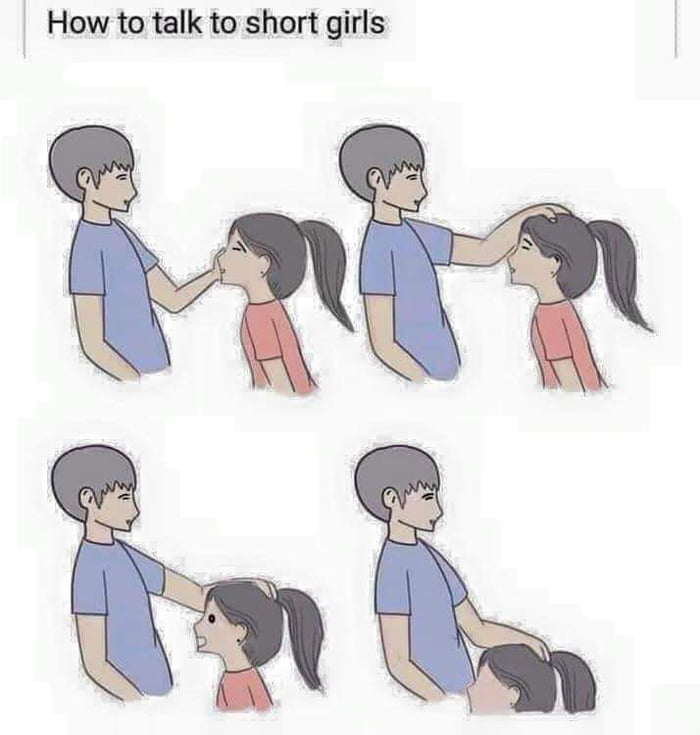
And yet, dear parents, the cause of absent-mindedness may well be the wrong upbringing. If the child is freed from the minimum household duties and you have not organized the right balance between his duties and entertainment, if he does not have time to wish for something, and this is already in front of him and you should already wish for something next, then this very absent-mindedness, scattered interests you already organize it yourself! nine0003
"Attention is a unique property of the human psyche, without it the work of memory and thinking is impossible," once wrote psychologist Svetlana Minyurova. It's important to take care of people."
I wish your child understood this already in childhood!
by the way
Play and focus
Here is a game that can help your child develop attention. nine0105
Three points
The child takes a position that is comfortable for him and freezes in it. At the same time, he must listen and remember three points of the assignment.